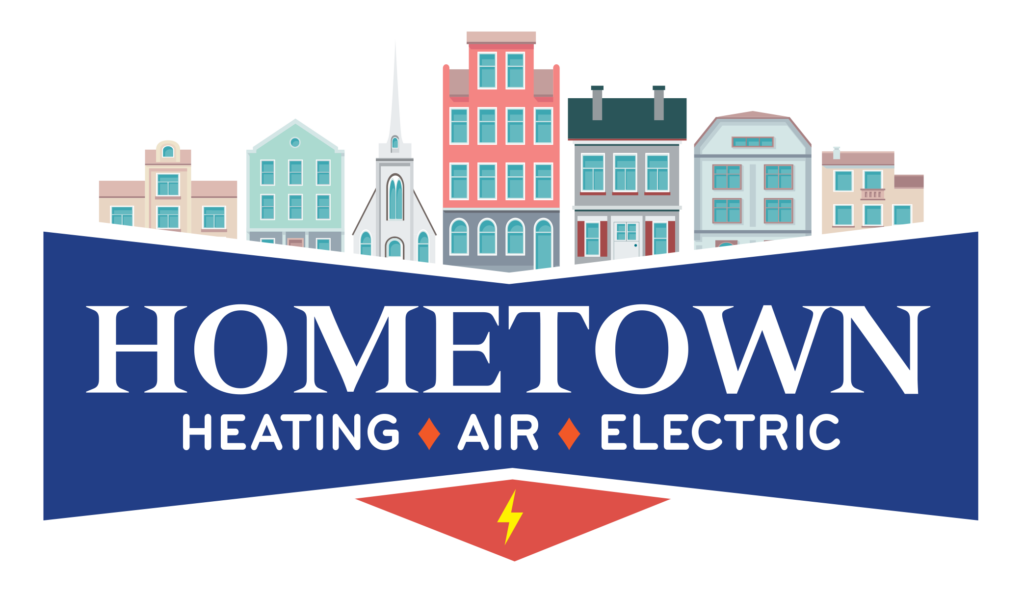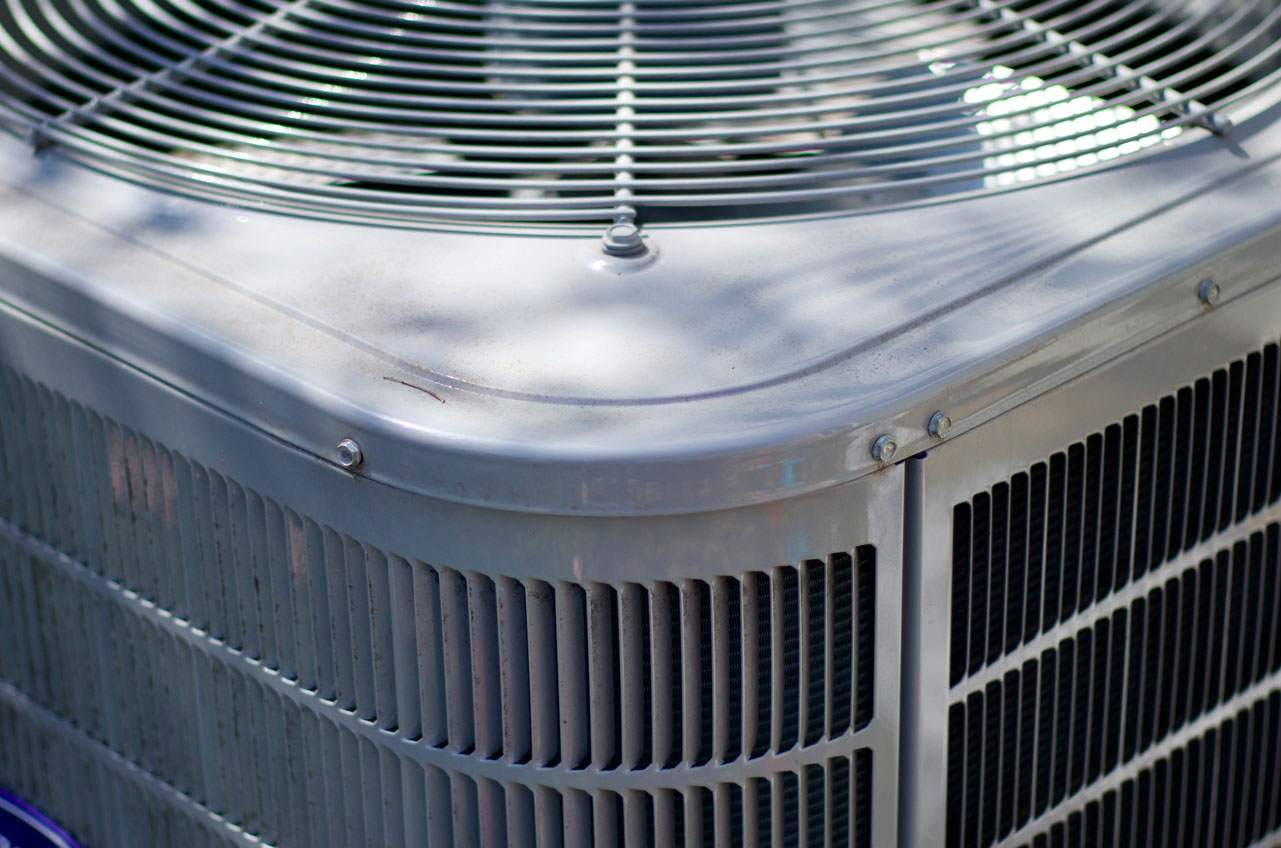If you own a home, it’s vital that you take steps to protect it along with all of the equipment and appliances that help maintain a livable environment. There are pros and cons to covering your HVAC unit during the colder months, so it’s ultimately up to you whether you decide to cover it or not. Here’s all you need to know.
Will Covering Your HVAC Unit Make a Difference?
HVAC professionals have been debating this topic for years. In some ways, it makes sense to cover your unit when it’s not in use because it will be protected from the harsh winter weather. However, many experts feel that doing so is unnecessary and a waste of time. Today, most units have been manufactured to withstand wind, ice, and snow.
At What Point Should Your HVAC Unit Be Covered?
HVAC units are built with efficiency and durability in mind, but some models may not be fully weatherproof. Although winter weather can wreak havoc on your home, it may be more important to try to protect your unit in the fall rather than the winter. Your unit may be built to withstand rain and snow, but it is not built to protect itself from leaves and other debris that fall from trees in the fall. When these things land in your HVAC unit, they can create more moisture and cause your unit to corrode. In addition, this debris can block the unit’s moisture drainage system and lead to significant damage. Unfortunately, depending on where you live, it may not be practical for you to cover your unit. Fall temperatures can often vary significantly, and there may be days when you still need to turn your air conditioning or heating system on.
Where to Find an HVAC Unit Cover
There are a number of different HVAC unit covers available on the market. Any home improvement store likely carries a wide variety of them. You can even order them online if you’re not finding what you want in the store. Just make sure you’re buying one that was manufactured to fit your unit. Your particular unit may even come with a cover specifically designed to fit it, as many manufacturers are starting to include them with the product. You should avoid trying to cover your unit with anything other than a manufactured cover designed to protect it.
Is Covering Your Unit Necessary?
Some people debate that covering your HVAC unit during the winter is not really necessary. Although it seems like a good idea to protect the unit when it isn’t in use, here are a few reasons you may choose not to cover it.
Your Unit Won’t Be Protected From Everything
A cover’s purpose is to keep out dirt, debris, and moisture, but since new units are designed to withstand a variety of weather conditions, covers may not provide much help. In addition, it isn’t possible to keep all moisture and dirt out of your unit, so going through the extra effort to cover it may be a waste of time.
Rodents May Seek Shelter
You might think a cover on your unit will keep out rodents and other pests, but that may not be the case. Rodents seek shelter during the winter months, which your cover can provide them. Because they can sneak into very small spaces, you may find that they’ve made a home in your unit and caused damage to it when you take off the cover in the spring.
Covers May Lead to Extra Moisture
HVAC units can withstand some moisture. In fact, it’s bound to sneak in at some point, so covering your unit may not be very beneficial. A cover could even cause the moisture already inside the unit to become trapped, which can lead to mold.
As you can see, there is a lot to consider when deciding whether to put a cover on your HVAC unit during the winter months. While this could be a beneficial practice for an older unit, newer units may not see the same benefit since they’re designed to withstand the elements. No matter what you do, your outdoor HVAC unit will require maintenance at some point. Make sure you consult with a professional from Hometown Heating, Air & Electric if you have questions about your unit.
We offer heating, cooling, and electrical services to Cedarburg, WI residents. Contact us to schedule an appointment.

